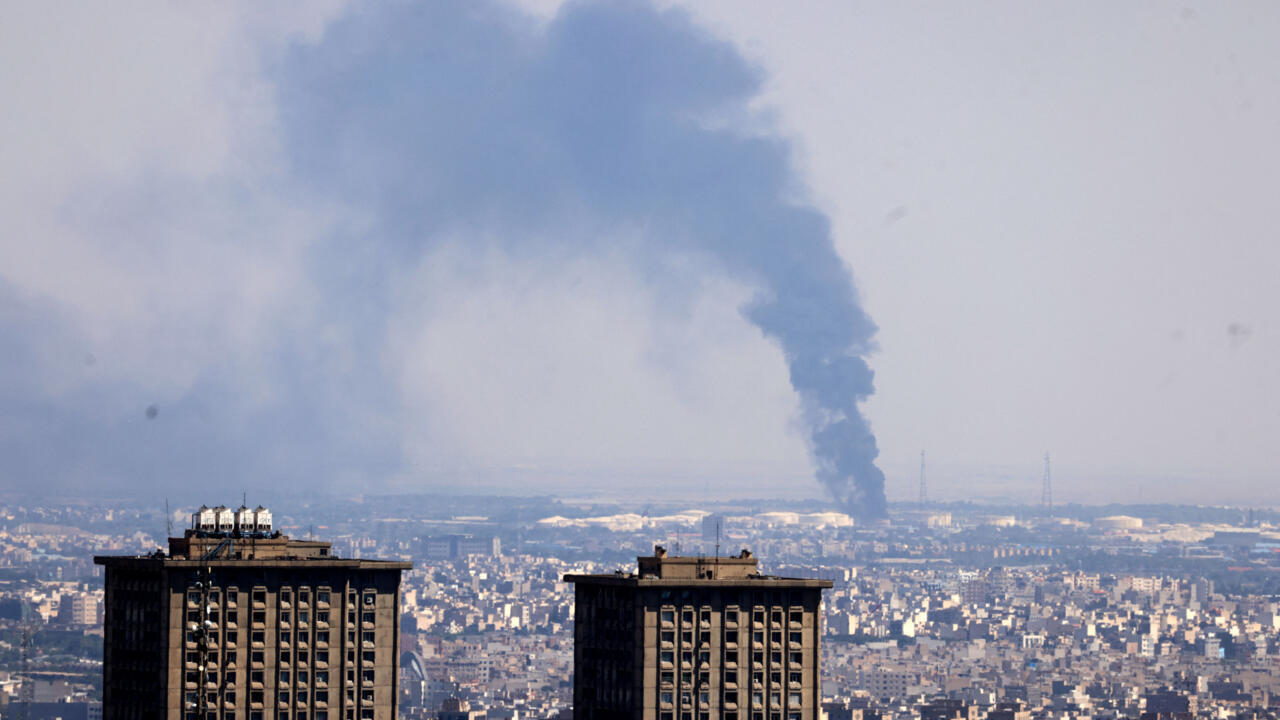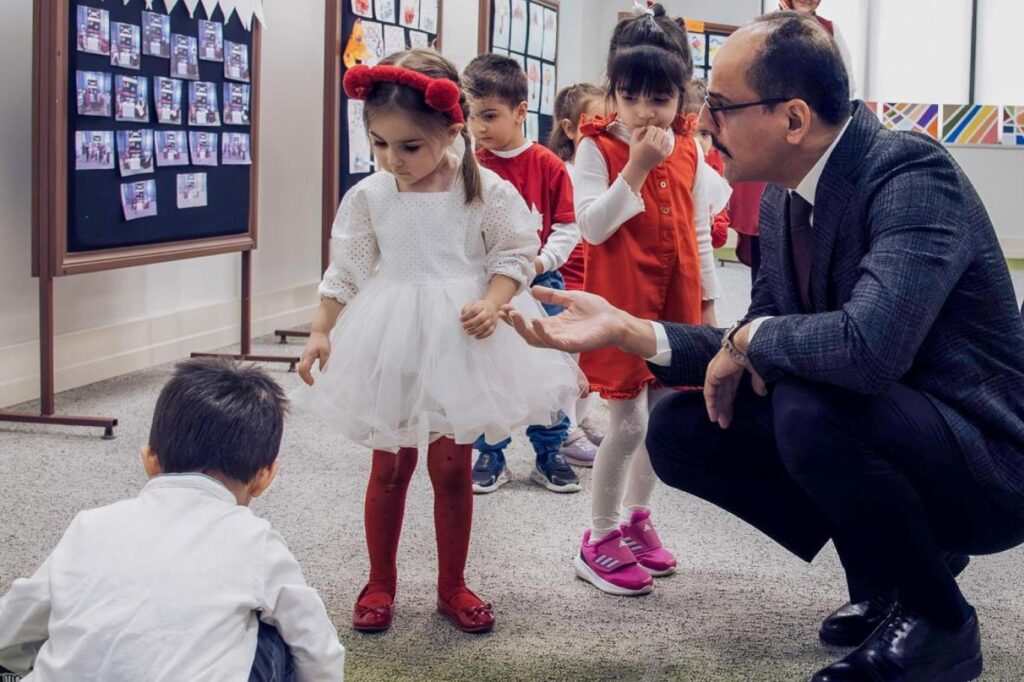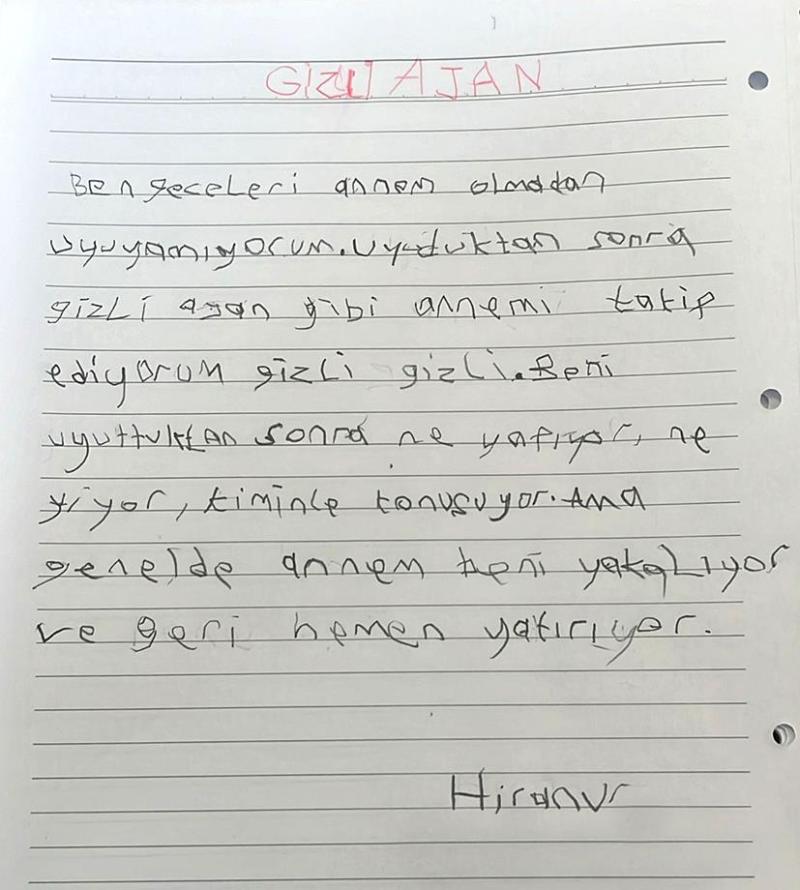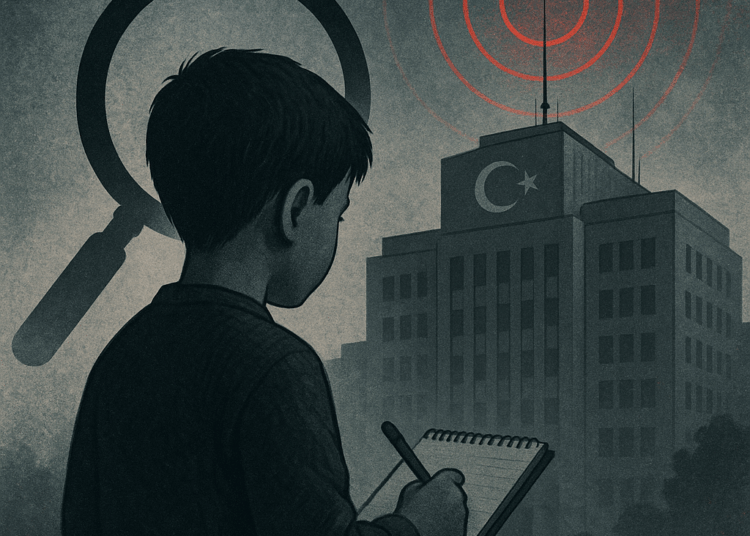Levent Kenez/Stockholm
A new intelligence report is urging Turkey to build a nationwide system where civilians including children could serve as potential sources of intelligence, as part of a sweeping effort to prepare for hybrid warfare threats. Citing the recent Iran-Israel conflict, the National Intelligence Academy, a government institution affiliated with Turkey’s national intelligence agency (MİT), calls for full coordination between neighborhood watchmen (bekçiler in Turkish), uniformed law enforcement officers patrolling residential areas primarily at night, and top strategic institutions, raising concerns about the extent to which ordinary people are expected to become part of the security apparatus.
The August 2025 report, titled “12-Day War and Lessons for Turkey,” was prepared in response to the high-intensity conflict between Iran and Israel that took place between June 13 and June 24. According to the academy, the conflict demonstrated that contemporary warfare is no longer confined to the type of engagements that were seen in the past but now includes cyber operations, electronic warfare, psychological tactics and disinformation campaigns. The report presents a detailed account of how the war unfolded and lays out strategic recommendations for Turkey to prepare for similar threats.
The report argues that intelligence work can no longer be limited to official agencies, especially in times of conflict, and calls for the mobilization of society down to the neighborhood level. It highlights the role of neighborhood watchmen as frontline actors in identifying threats before they escalate. The academy links this approach to Iran’s experience during the June airstrikes, where public reporting reportedly led to the seizure of drone-equipped vehicles and the arrest of suspects carrying surveillance and intelligence-gathering equipment.
The document says that advances in communication technologies have made it possible for even children to become valuable sources of intelligence. To prepare the public for this expanded role, it urges the spread of an “intelligence culture” throughout daily life and calls on media outlets to support this by means of targeted broadcasting. While presented as a layer of national defense, the idea of turning ordinary citizens and neighborhood watchmen into informal intelligence assets also raises questions about oversight, privacy and the scope of civic responsibilities in peacetime.
The document also described how Israel successfully established air superiority over Iran in the first days of the war, executing coordinated attacks involving manned aircraft, drones and electronic warfare systems. Israel’s integration of air, cyber and psychological operations provided a key advantage, the report noted, particularly in the first 72 hours, during which Iran’s radar systems and missile launch capabilities were neutralized.

The report listed concrete steps Turkey must take to avoid similar vulnerabilities. It warned that the modernization and integration of manned and unmanned aerial systems within the Turkish Air Force should be accelerated. The need for a multi-layered air defense network was described as critical. The Israeli example showed that even with full alliance support, preventing hypersonic missile strikes is not guaranteed, the report stated, adding that Turkey must intensify its domestic efforts in this area.
Drawing parallels to the Ukraine war, the report emphasized the importance of not only advanced military systems but also large-scale production capacity. It stressed that modern equipment means little without the ability to rapidly produce and deploy it in sufficient numbers. For Turkey, enhancing the speed and scale of domestic defense manufacturing is regarded as a national priority.
Civil defense was also cited as a weak point in Iran’s war preparedness. The report stated that unlike Israel, Iran lacked an early warning system and an adequate number of shelters, which contributed to high civilian casualties in cities such as Tehran. In light of this the academy recommended the establishment of a nationwide early warning infrastructure and the construction of shelters in major urban areas.
Another area of concern was technological dependence. The report recommended that all software and hardware used by critical state institutions be developed domestically. It argued that civil-use technologies with potential military applications must be subject to greater control and that national alternatives must be developed and adopted wherever possible.
The report identified Israel’s intelligence network inside Iran as a major contributor to its battlefield success. Iranian command centers, nuclear facilities and key personnel were targeted with precision, in part due to longstanding covert operations. Turkey, the report argued, must analyze this network structure and consider enhancing its own intelligence capabilities both internally and externally.
The National Intelligence Academy report:
The role of psychological operations was also addressed. During the conflict, both sides used social media platforms to spread misinformation, manipulate public opinion and create panic. The report documented how Israel used deepfake videos, falsified emergency alerts and disinformation campaigns, while Iran engaged in mass text messaging, social media bot activity and deceptive media content.
The report emphasizes that public broadcasting and journalism should play a special role in raising intelligence awareness. It states that media activities deserve particular attention in this area and calls for expanding the depth and scope of strategic communication to strengthen public resilience against disinformation and psychological pressure during crises. Recommendations, such as expanding the role of the media in strategic communication, raise further concerns in a country where press freedom and editorial independence are already under significant restrictions.
One section of the report states that expectations of a public uprising in Iran did not materialize and concludes that Iranian society values stability and state order.
The academy also recommended expanding the use of locally developed encryption, surveillance and detection systems for use in government communication and military networks. According to the report, cyber attacks during the Israel-Iran conflict were carried out on banking systems, cryptocurrency platforms and communication nodes. In one example, the hacker group Predatory Sparrow reportedly destroyed critical databases of an Iranian state bank and stole digital assets from a major exchange.
While emphasizing the need for cyber resilience, the report acknowledged that the battlefield now extends into the cognitive domain. Disinformation, panic, fear and perception management were used as tools to influence the course of the war. The academy warned that Turkey must be prepared to defend itself in this space by developing both technological capacity and social resistance.
The report included criticism of Iran’s command and control structure. It described it as overly centralized and inflexible, which contributed to delays in response and a breakdown in coordination during the early stages of the war. In contrast, Israel’s decentralized and responsive system allowed for greater operational agility. The academy suggested that Turkey assess its own decision-making processes and adopt a more modular structure.
In addition to state-level coordination, the academy encouraged the involvement of civil society. Intelligence awareness, it argued, should be introduced at the community level. Neighborhood patrols, school programs and local authorities should be trained to recognize digital and physical threats and to coordinate with national institutions when necessary.
In its conclusion the academy stated that Turkey must act quickly and decisively to build a national defense system capable of addressing 21st-century threats. Modern warfare is not limited to borders, battlefields or even cyberspace, the report said. Instead, the battlefield has expanded into every household, screen and frequency. Failing to adapt could leave the nation vulnerable to the next generation of warfare, which may be fought as much with data and perception as with bombs and bullets.

This is not the first time MİT has called on children in the context of intelligence. On April 23 National Sovereignty and Children’s Day, MİT Director İbrahim Kalın in 2024 shared a selection of letters written by children to the agency as part of a public outreach initiative. MİT had invited children between the ages of 5 and 14 to send letters and drawings centered on the themes of “security,” “intelligence” and “secret agents.”
The letters revealed a mix of imagination, humor and curiosity. One girl named Zeynep began her message with “Dear Respected Father State, I kiss your hands” and expressed her frustration that she could not finish watching “Teşkilat,” the spy-themed TV series sponsored by MİT, because her father sent her to bed early. “Please tell my father to let me watch the whole episode,” she wrote.

Another child wrote, “I can’t fall asleep without my mom. After I fall asleep, I secretly follow her like a secret agent. I try to find out what she does, what she eats and who she talks to. But usually my mom catches me and sends me straight back to bed.”
The National Intelligence Academy, established in MİT in 2024, is an institution of higher education focused on intelligence and security research. It brings together academics, many with ties to the ruling party’s think tank, the Foundation for Political, Economic and Social Research (SETA), and Its work closely aligns with government policies. MİT has increasingly adopted a role resembling that of a political party branch rather than functioning solely as a state institution serving President Recep Tayyip Erdogan.












